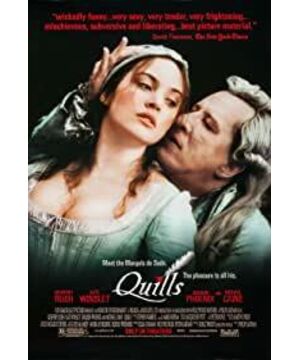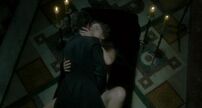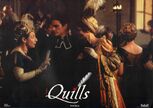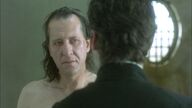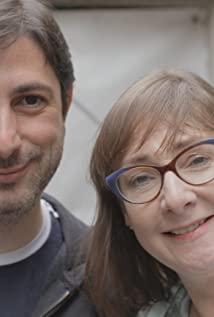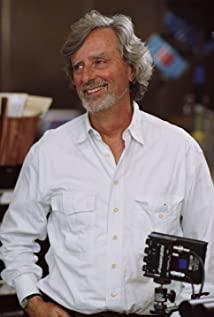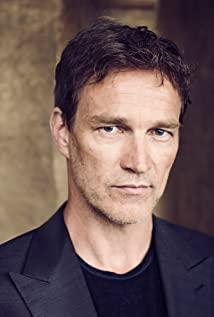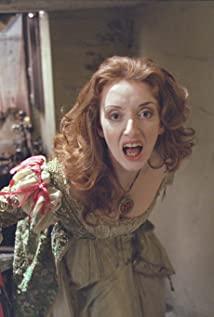It is true that freedom should always be affirmed in life. Freedom includes the natural satisfaction, affirmation, and praise of people's own desires. This is the romance of romanticism; there is also romance in classicism. We use our thoughts to shape our actions.
Sade's writing about sex is affirmative? Or did he heal himself by writing ugly things, as he told the young priest? He was addicted to writing, and he was addicted to writing.
Stimulated by the explicit words of erotic novels, the silly big man who has always had bad thoughts about the heroine forgets his "politeness" and kills Kadeline. Was her death due to this stimulation, or was it a perversion caused by a deeper taboo on human nature?
Seeing this, I can't even wonder what the attitudes of Sade and the director are towards the creation of erotic novels, or the indulgence of eroticism? Is it really as the priest said at the end: "Only by understanding our inherent vices can we better understand the nature of human beings"?
View more about Quills reviews


